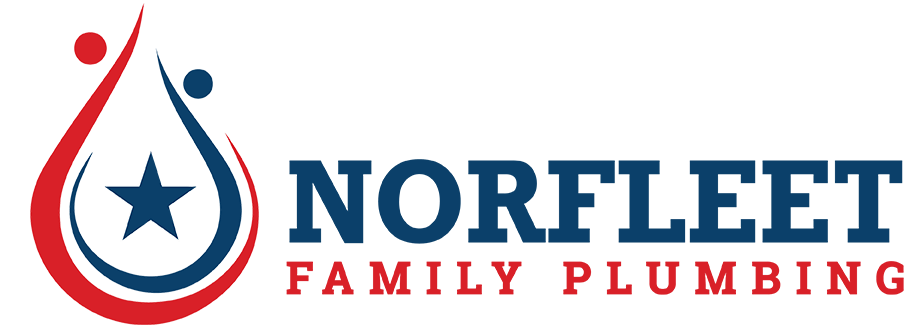What To Do In A Plumbing Emergency
Taking on a plumbing project could be a wonderful DIY hobby for people who enjoy improving the look and feel of their home.
Most homeowners will encounter a plumbing emergency at some point in time. Knowing how to deal with a plumbing emergency will ensure the protection of the property, supported by quick intervention by an emergency plumber. Homeowners should get professional help immediately when facing a plumbing crisis.
Taking on a plumbing project could be a wonderful DIY hobby for people who enjoy improving the look and feel of their home. However, plumbing emergencies can become major issues and cause immense damage to a home. It is best to contact a professional as soon as a significant amount of water is found on the floor, leaks come from the ceiling, or drywall feels damp. Immediately contacting a professional reduces the cost of further repairs.
Plumbing emergencies are known to trigger panic. However, keeping calm and working quickly will minimize the damage to the home. The steps provided below provide a good starting point when handling a plumbing emergency.
Call and listen
When there is a plumbing emergency, it is difficult for some homeowners to prioritize calling a plumber over addressing the issue. Reduce potential damage by seeking an expert promptly. An early consultation often provides initial guidance. Well trained plumbing professionals who respond to the call can also decide if the situation is too dangerous for a homeowner, and provide advice for next steps.
Shut off the water
During any plumbing crisis, shutting off the water source is an extremely important first step. For toilets, turn the valve located at the base or behind it. For severe situations like a burst pipe, shut off from the main valve of the residence is critical. Generally, water valves need clockwise rotation for closure. It’s a good rule of thumb to know where valves are located throughout the home.
Turn off the water heater
During a major plumbing emergency, turning off the water heater can prevent damage to the unit. Switch off the water heater unit after closing the main valve to stop heat from welling up inside, preventing it from overheating or bursting. For homes with gas water heaters, ensure the gas has been turned off first before turning the unit off.
Deal with small leaks
When a small leak is found, it is important to address it quickly and adequately. Keeping plumber’s tape readily available will make this task an easy one. If none is available, wrap towels and rugs around pipes or place buckets under dripping leaks to prevent further damage to surrounding areas. Take note of all leaks and inform the emergency plumber once they arrive.
Open drains and spigots
Even after closing the main water supply, residual water remains in pipes. Move this water away from the home by switching on any spigots that are outside. Using a garden hose helps to drain residual water. When a clog is found during this process, open the drain using a plunger. Avoid using chemical cleaners in the pipes during a plumbing emergency since it may cause more damage before an emergency plumber arrives.
If you need a licensed, bonded, experienced plumber for plumbing installation and service in Chandler, Gilbert, Mesa, Queen Creek, Ahwatukee or San Tan Valley call Norfleet Family Plumbing Heating and Air at 480-681-1764.

